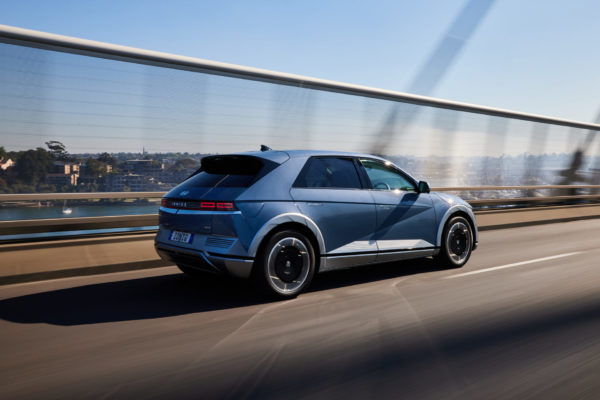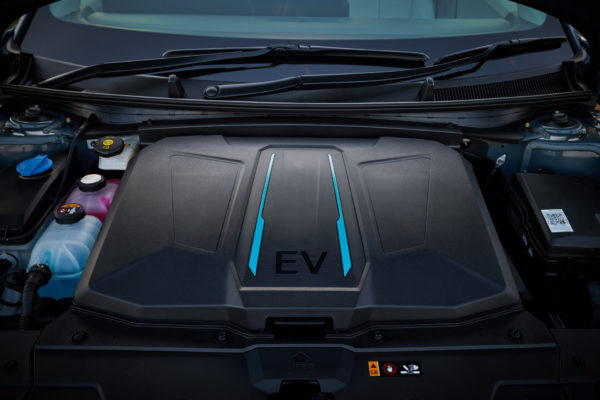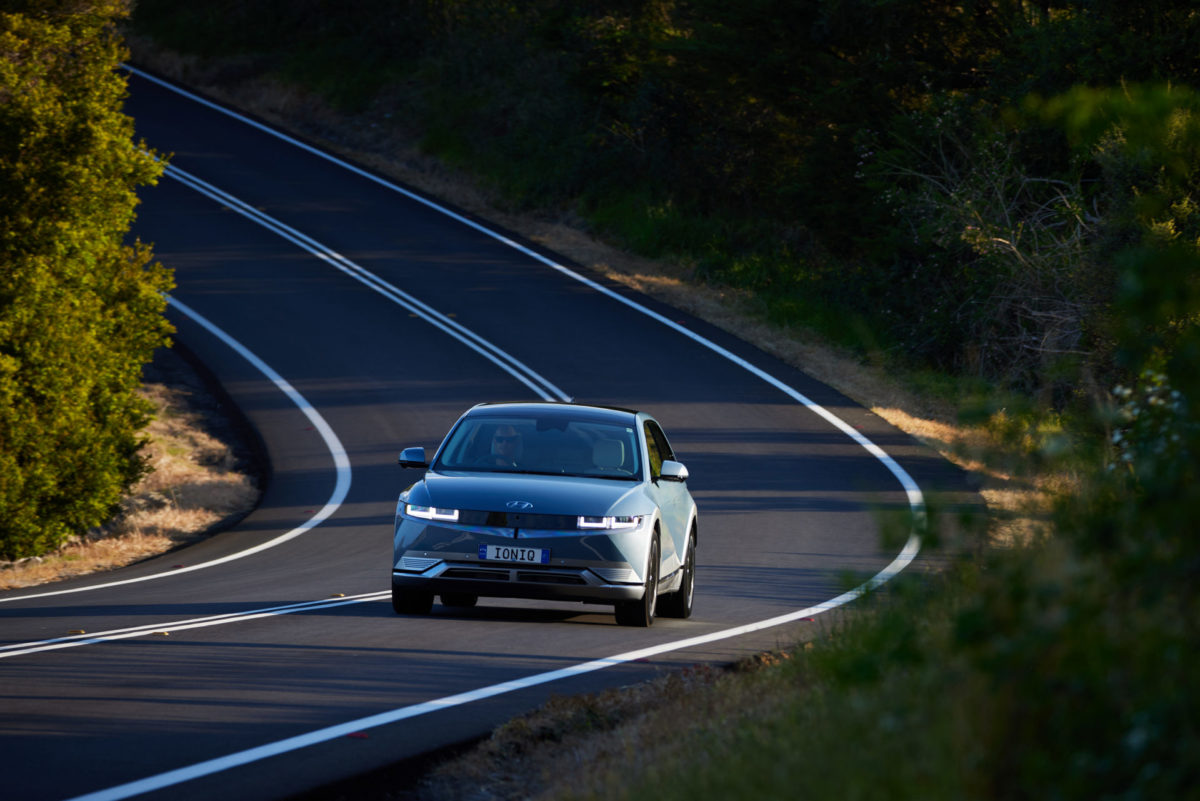South Australia is set to join Victoria and New South Wales (NSW) in introducing a distance-based tax on electric vehicles (EV) after the government’s new Motor Vehicles (Electric Vehicle Levy) Amendment Bill 2021 passed the State Parliament’s Legislative Council on Thursday.
South Australia last year became the first jurisdiction in the world to make moves to levy a tax on owners of EVs but the introduction of legislation was delayed amid community opposition. The Bill has now been passed with SA Best members Connie Bonaros and Frank Pangallo and independent MLC John Darley voting with the government to approve it.
In order to secure the Bill’s passage through the Upper House, the government made some changes as part of a total package worth approximately $22.7 million, including a three-year registration fee exemption for new EVs purchased before July 2025.
The changes also include a $3,000 subsidy available for the first 7,000 (up from 6,000) EVs purchased in South Australia following the passage of the Bill.
Those subsidies will not apply for EVs priced at more than $68,750 or for plug-in hybrid EVs.
A parliamentary committee will also be established to examine the rollout of EVs in the state. This would include examining infrastructure, training and the disposal of batteries and other EV components.
The Bill maintains the introduction of an EV road-user charge with owners of plug-in hybrid vehicles to be charged an indexed fee of 2 cents per kilometre, while the owners of any other EVs will be charged an indexed fee of 2.5 cents per kilometre.

Image: Hyundai
The state has however delayed the introduction of the road-user charge by up to five years. The new levy will come into effect on 1 July 2027, or when the sale of EVs reaches 30% of new motor vehicle sales in SA, whichever is earlier. The levy had originally been due to come into effect on 1 July 2022.
Treasurer Rob Lucas welcomed the successful passage of the Bill as a “critical moment for the future of South Australia”, saying the reforms will help drive the take-up of EVs while ensuring a long-term sustainable model for road funding.
“The pace of change is overwhelming, where the future is zero emissions, the future is electric vehicles,” he said.
“As the state transitions towards a higher concentration of zero and low-emission vehicles, it’s vital to ensure all vehicle owners, regardless of what car they drive, contribute to the upkeep of our roads into the future.”
SA joins Victoria and NSW in introducing an EV road-user charge. Tasmania has also announced an intention to introduce a similar charge from 2027. Other Australian states and territories say they are monitoring the rollout of EVs and have not ruled out new charges to make up for the shortfall in lost revenue from the lack of fuel excise.
The road-user charge would be calculated and billed in arrears as part of the vehicle registration process. The charge will be calculated based on the distance travelled since the last registration renewal. This means that for those who pay their registration annually, the first road-user charge payment will not occur until a year or more after the relevant commencement date.
Noah Schultz-Byard, SA director at public policy think tank The Australia Institute, warned the policy would serve only to slow the uptake of EVs in Australia.

Image: Hyundai
Currently, less than 1% of new vehicle sales in the country are EVs and Schultz-Byard said the SA government’s “deeply flawed EV Tax will pull the handbrake on the uptake of EVs and effective climate action in South Australia”.
“We are lagging behind the rest of the world when it comes to EV uptake and the miniscule incentives that have been offered with this tax will not change that sorry fact,” he said.
“The Parliament should be looking at all options for how it can best incentivise and increase the uptake of EVs on South Australian roads, not take us in the wrong direction as this tax will do.”
Lucas said the state government had consulted widely with industry, manufacturers and other interest groups on the Bill.
“As part of our ongoing consultation, we acknowledged the need for further incentives which is why we’ve increased by 1,000 the number of subsidies for the purchase of eligible new battery electric vehicles and are giving three years’ worth of free motor reg to eligible EV motorists,” he said.
The Bill will now go to the House of Assembly, which had already passed the original Bill, to consider the amendments.
This content is protected by copyright and may not be reused. If you want to cooperate with us and would like to reuse some of our content, please contact: editors@pv-magazine.com.









I think this is a great idea and if the import duties can be dropped but the on the road tax be applied for charging infrastructure and road maintenance as with the fuel levies, I think it can go a long way in accelerating EV’s in South Africa. I for one will seriously consider moving to an EV for everyday use and my general long-distance traveling.
This actually seems like an entirely reasonable idea.
Personal car use is not good for the environment regardless of whether it is ICE or EV powered.
Ultimately a personal car is upwards of two tonnes of energy intensive metal, plastics, foam, glass and rubber most often being used to move a 50-100kg adult.
While EVs produce less lifecycle emissions their extra emissions in manufacturing (especially batteries) and end of life (recycling the batteries) is material and offsets some of the benefits deoending on hiw green the source of electricity is.
E.g. https://www.google.com/amp/s/www.thisismoney.co.uk/money/cars/article-10161697/amp/Volvo-says-electric-car-making-emissions-70-HIGHER-petrol.html
Ultimately we shouldn’t be subsidising car use of any form.
Use that money to subsidise public transport.